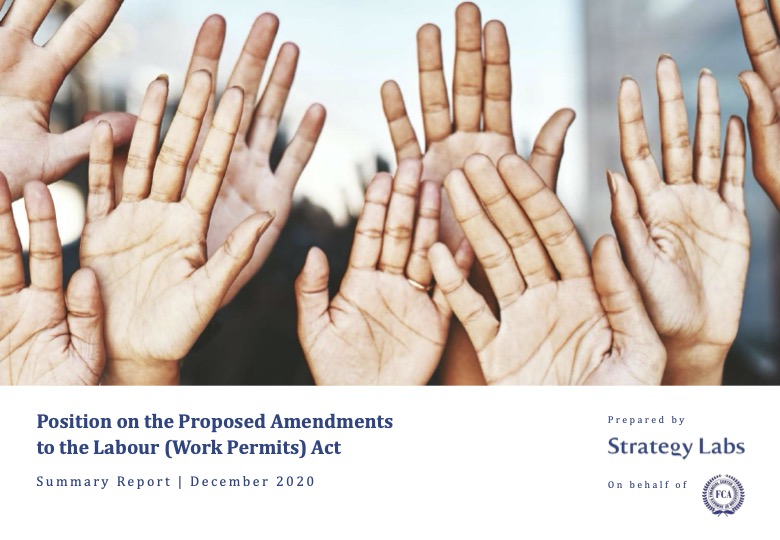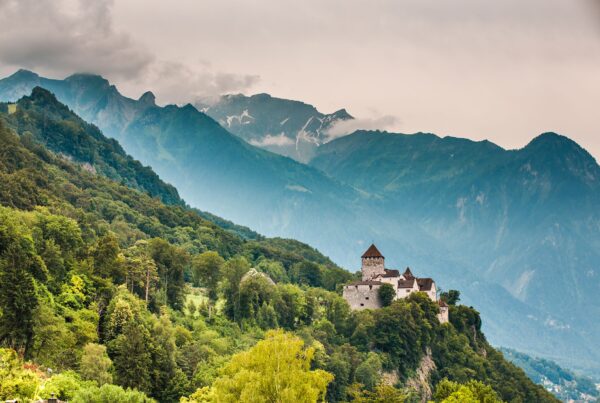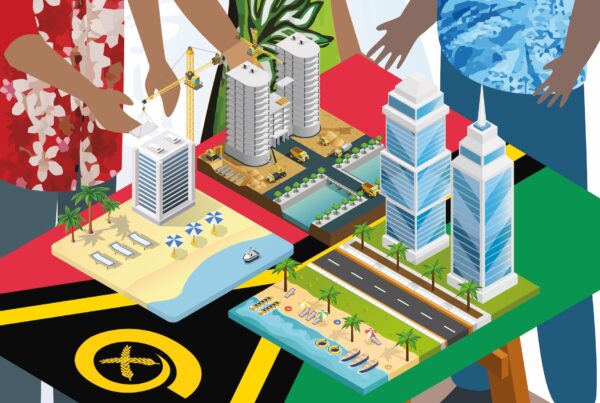Executive summary
Vanuatu in the face of a global crisis
Vanuatu‘s Government has been struggling to reach an economic growth target of 4% due to underdeveloped agriculture, a concentrated services sector, and damage caused by natural disasters. In addition, the COVID-19 pandemic is threatening to push Vanuatu into a deep recession, forcing an unprecedented GDP contraction of 8.3% in 2020, followed by a painfully slow recovery.
To ensure resilience to crises and foster economic development in the long-run, Government needs to prioritise investment into education, transform the economy, and provide decent jobs for a growing population.
Shortage of skills restricts development
Shortage of highly skilled employees, mostly managers, professionals and technicians, is evident in both public and private sectors in Vanuatu. It is estimated that the Government needs nearly 4,600 skilled employees to meet the goals of the National Development Plan. The private sector also confirms that finding skilled employees is the top issue faced by local businesses.
Despite relatively high unemployment among Ni-Vanuatu youth, citizens cannot fill the vacancies due to limited qualifications.
Supply of skilled labour is highly restricted by a poor education system. At 6.8 mean years of schooling, Vanuatu is positioned well below global and regional peers. Only 5% of the population has attained tertiary or vocational education, while the supply of fresh graduates meets just a fraction of market demand.
FDI facilitates inflow of investment and skills
Vanuatu needs FDI to gain access to capital, technology and know-how required for economic development.
FDI constitutes 4.5% of annual GDP and has already created around 9,000 jobs (21% of total wage employment) for Ni-Vanuatu. An additional 1,400 jobs and nearly VT 20 billion in investment have been confirmed, yet might be postponed due to the pandemic situation.
Out of 3,250 foreign immigrants in Vanuatu, more than two-thirds are non- working residents or employees of visa exempt organisations, including public enterprises and NGOs, while 900 foreign citizens possess work permits. The majority of foreign workers occupy management and professional positions, bringing valuable knowledge and lacking skills to the country.
Foreign workers also participate in the local economy by increasing consumption and creating more demand for goods and services domestically.
Reserving occupations will remove jobs from the country
In June 2020, the Government of Vanuatu proposed to include an additional 33 positions to the List of Reserved Occupations. The majority of these occupations require quality education and relevant work experience.
Due to the scarcity of human capital, these positions are not likely to be filled by Ni-Vanuatu. Instead, companies will either outsource certain positions overseas, reducing the opportunity for the local population to gain vital skills, or entire businesses will relocate out of the country, resulting in a loss of jobs and investment.
Furthermore, nearly 500 foreign workers, mostly managers, professionals and technicians, might be forced to lose their jobs and leave the country. Undoubtedly, such policies will create repercussions in the international arena and further discourage FDI inflows, hurting pandemic recovery efforts and economic development in the long-run.
Unlocking Vanuatu‘s potential
Foreign immigrant stock in Vanuatu is already among the lowest in the region, signalling that the country fails to attract and retain global talent.
The Government is advised to follow regional leaders, by keeping the domestic labour market protected, while at the same time increasing it’s appeal to highly skilled foreign employees by simplified admission procedures and special incentives.
Vanuatu is also well-positioned to capitalise on recent trends of remote work. The introduction of a Digital Nomad Visa for remote workers and entrepreneurs will cushion the loss of tourism sector income caused by the pandemic and create impetus for increased business activity and economic growth.






